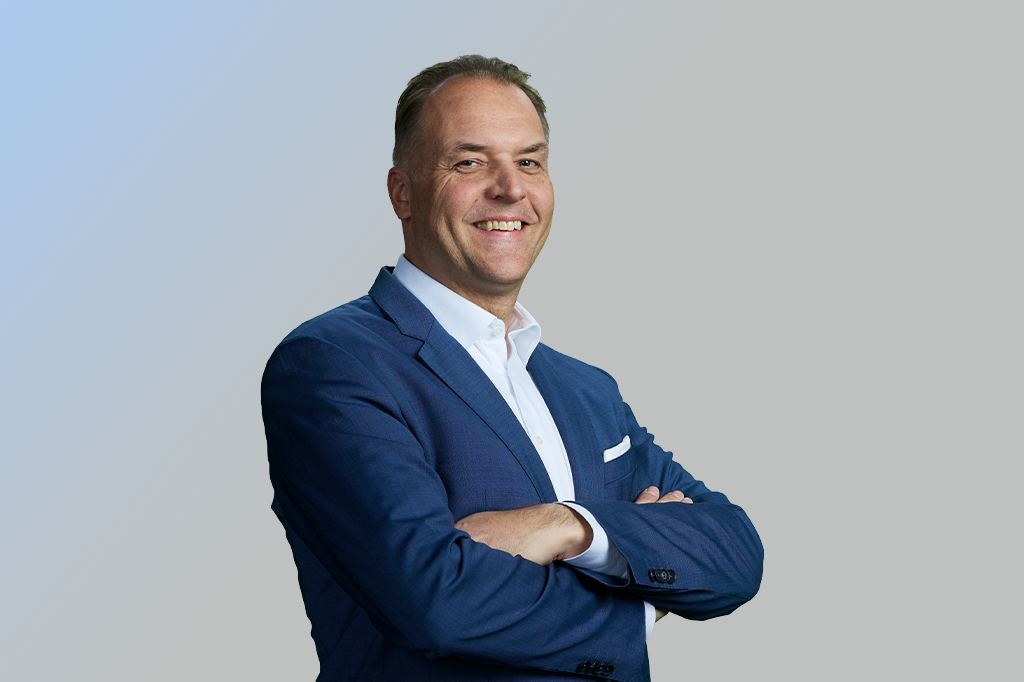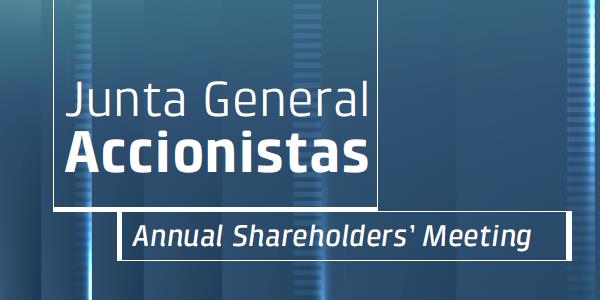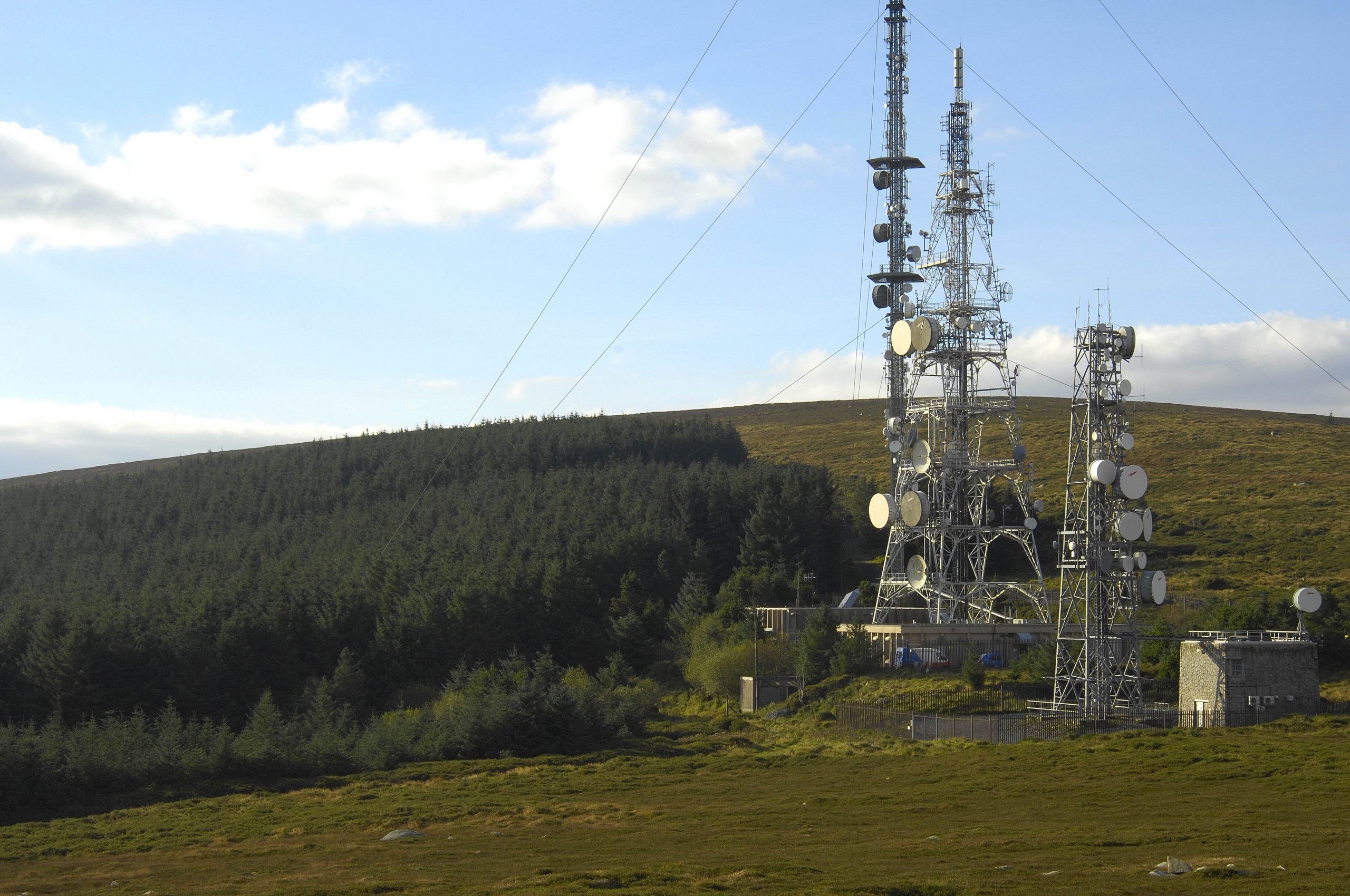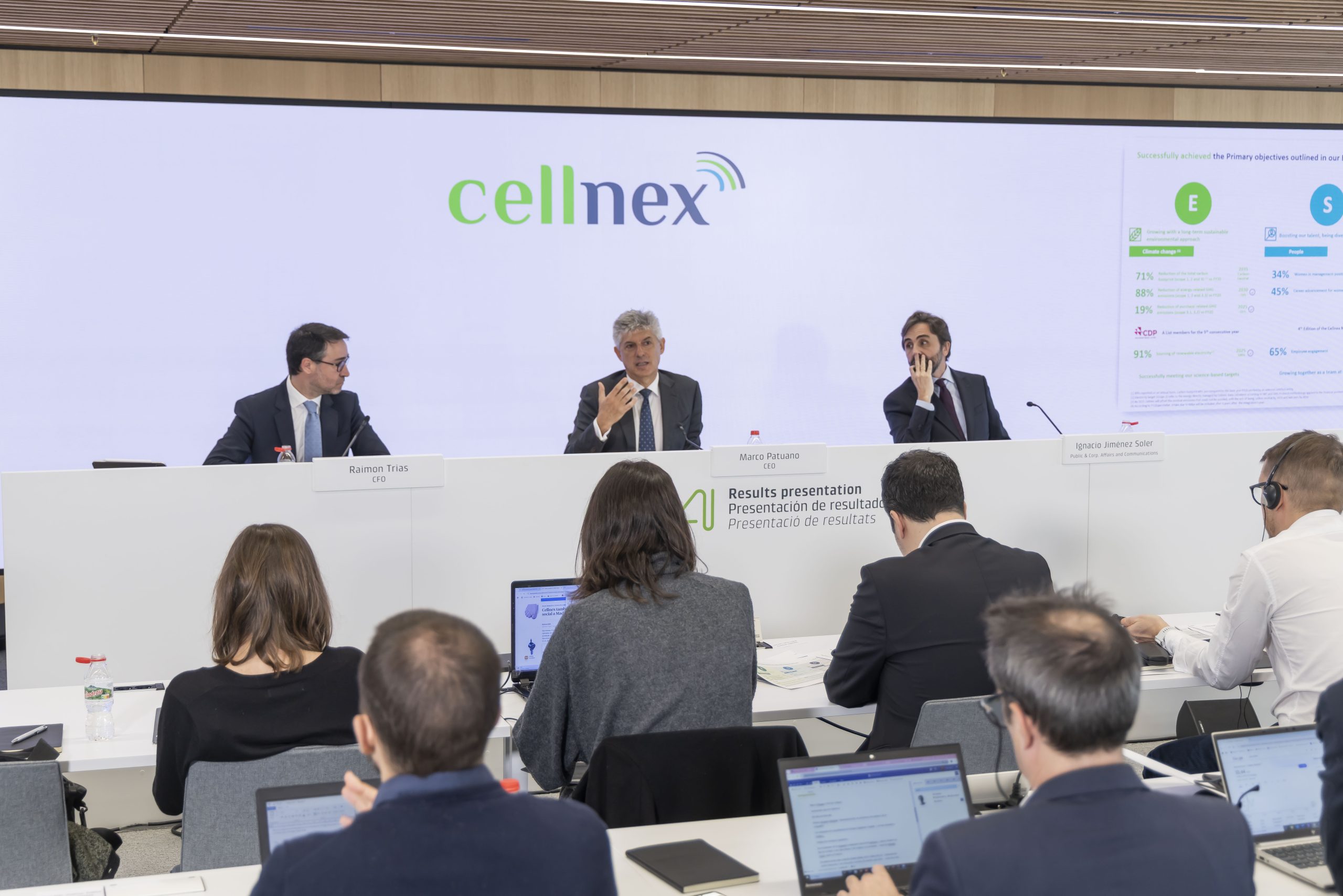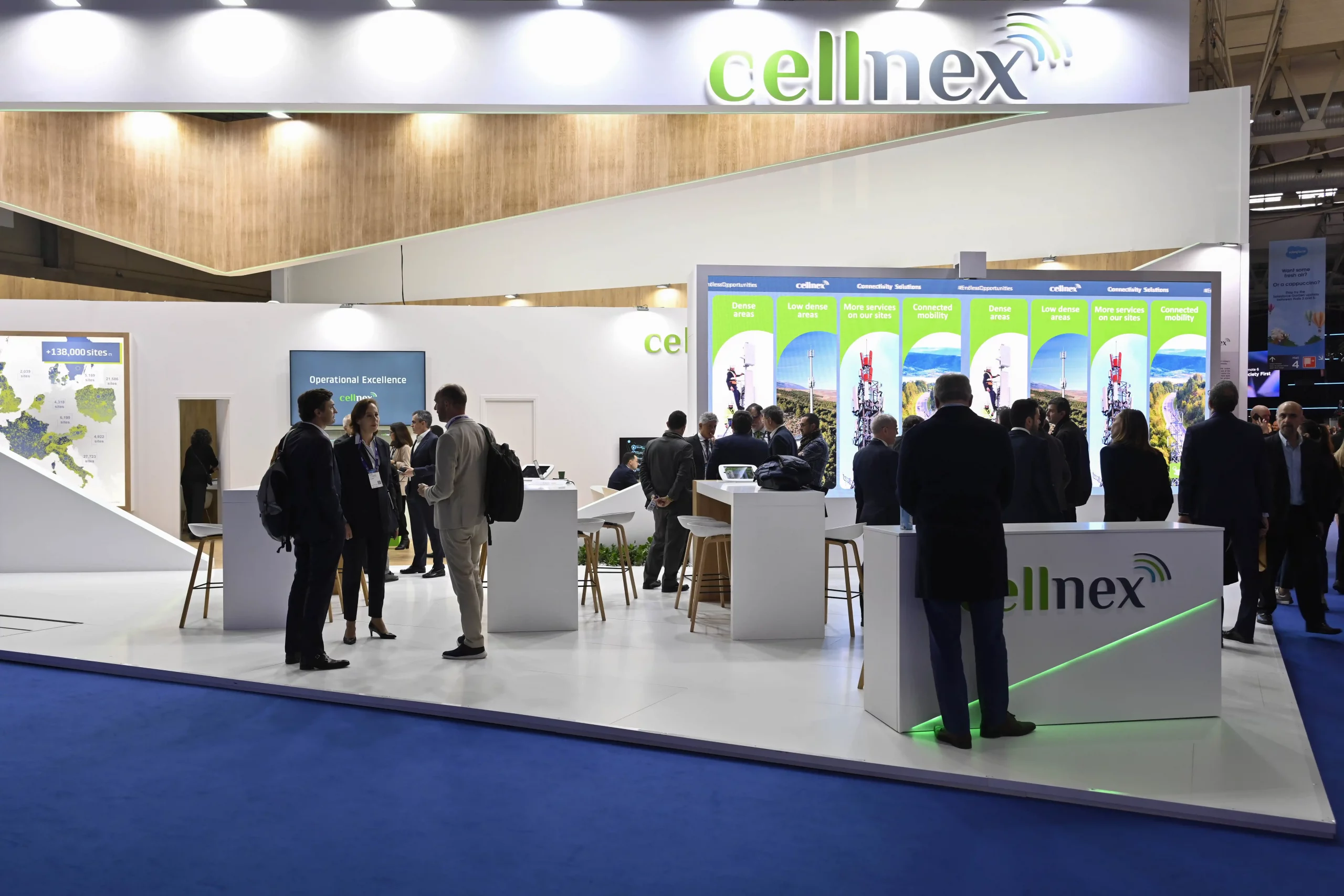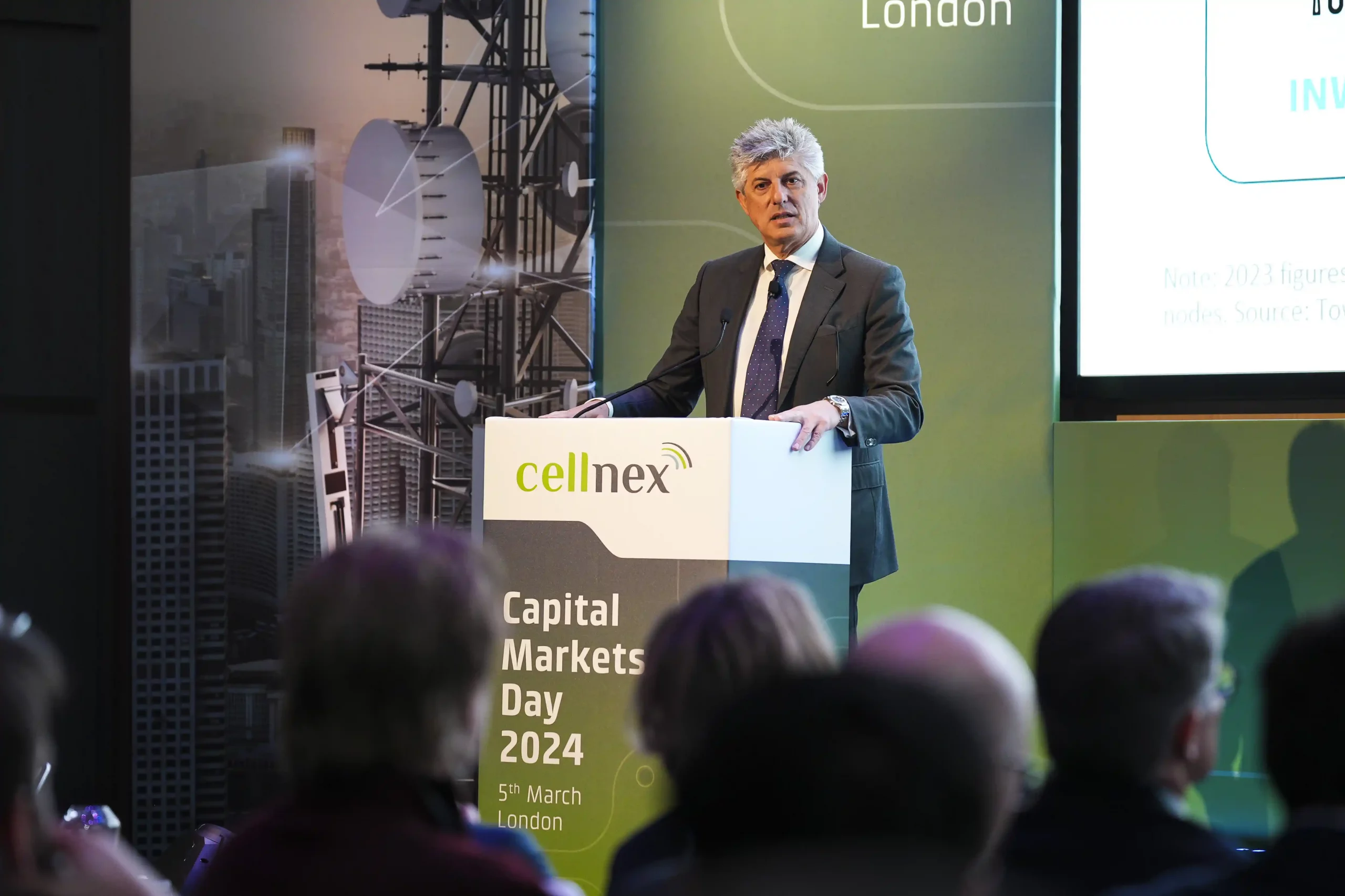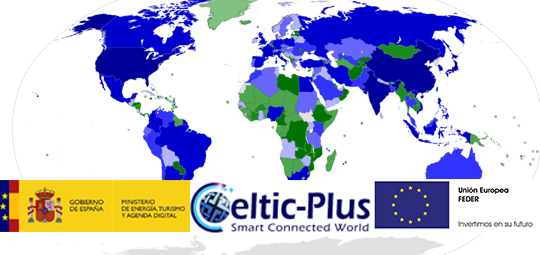
Success Case
LEAN – Low-cost, Emerging countries, Architecture, Network infrastructure (2017 – 2019)
Latest Innovations


The main objective of the LEAN project is to provide a broadband Internet service in mobility in areas where the deployment and operation of a standard infrastructure would not be economically viable, either because the area has few potential users (rural areas) or because the purchasing power of the end users is low (emerging countries). In this connection, the project contributes actively to reducing the digital divide and is fully aligned with the European Commission’s digital agenda.
From a technological standpoint, the project proposes to define, implement and validate a new network architecture, based on the latest developments of the fifth generation of mobile communications (5G), with high flexibility and scalability and low operating costs. The project ends with the implementation of a pilot in real conditions, on which the distribution of audio visual content will be tested as the main use case.
(Internet users world map. Source: Wikipedia)
The LEAN project is being developed by a European consortium comprising 11 European companies (from France, Spain and the Netherlands) and is led by Orange-FR. In Spain, apart from Retevisión (Cellnex Group), the participating companies are Nokia and Quobis and the CTTC research centre. It has an expected duration of two years (2017-2019) and has the support and funding of the Ministry of Energy, Tourism and Digital Agenda through the AEESD program (File: TSI‑102102‑2017‑2).




















